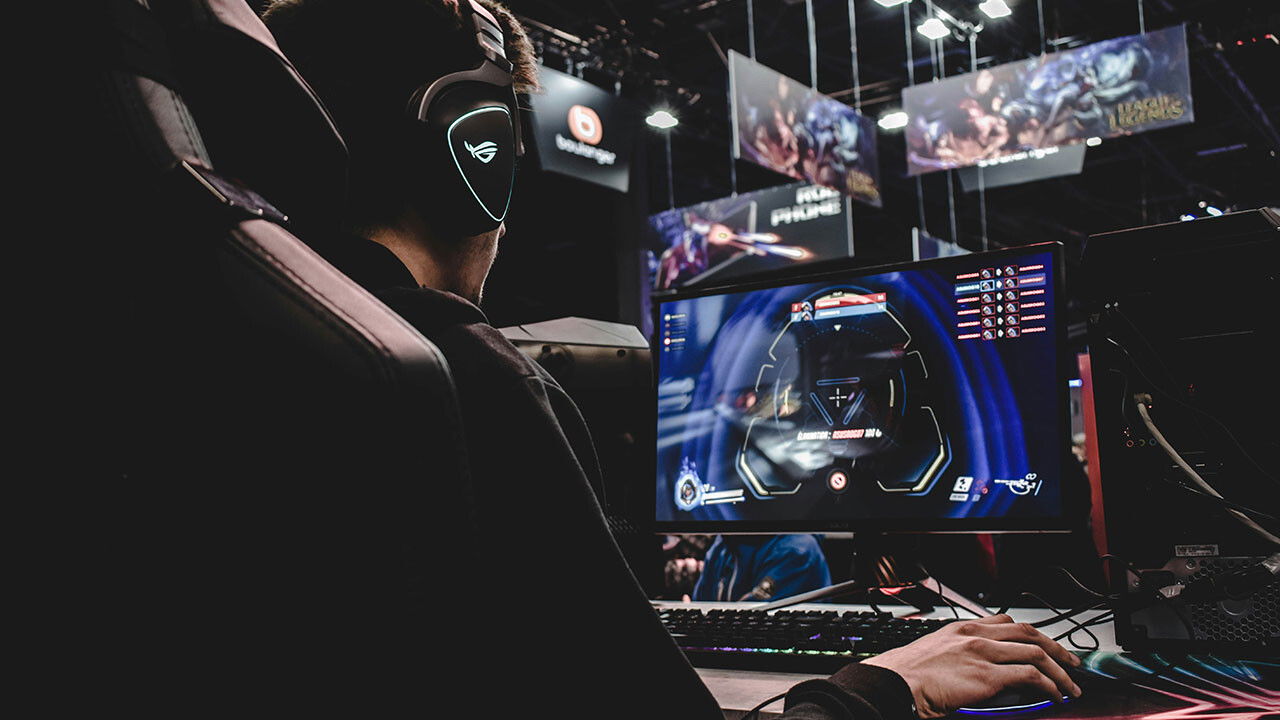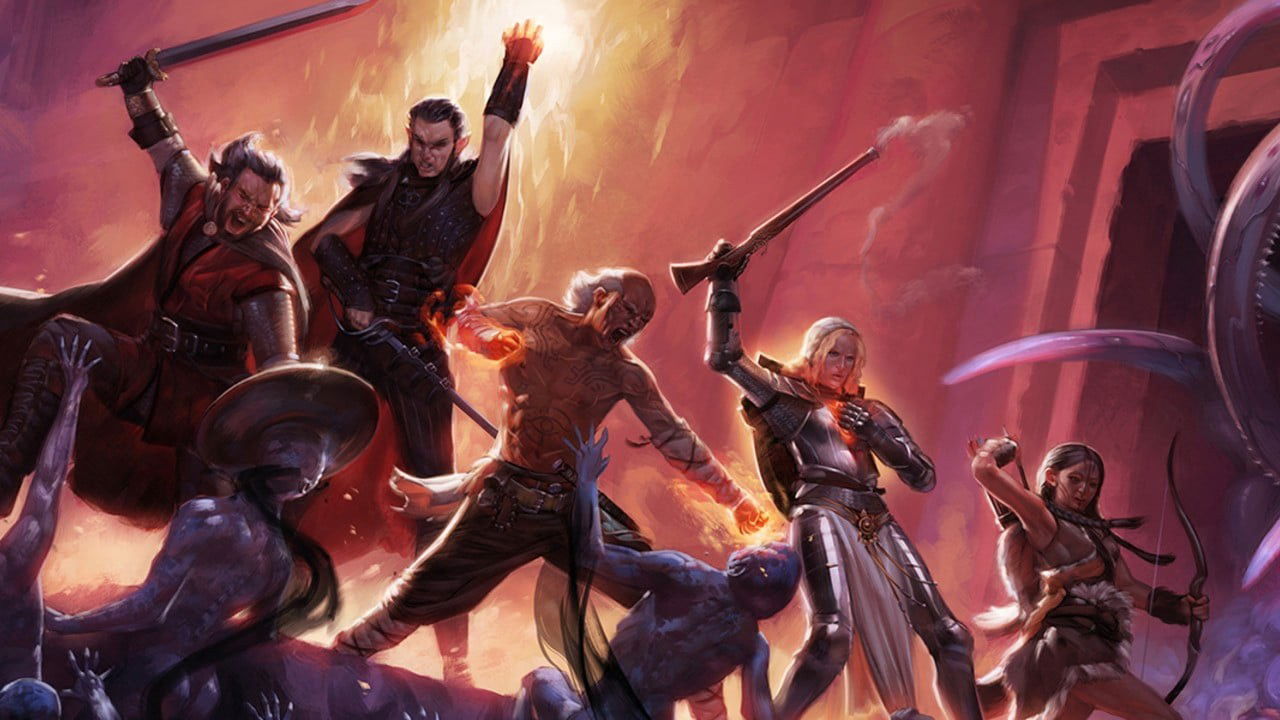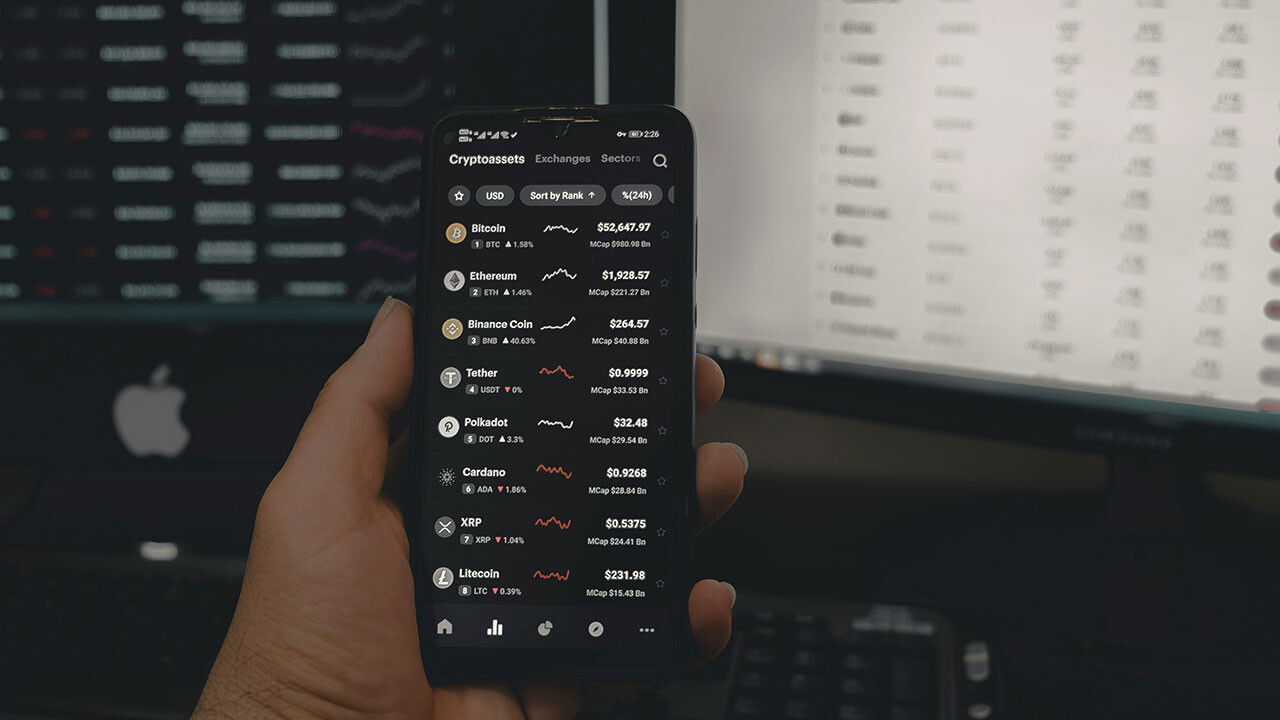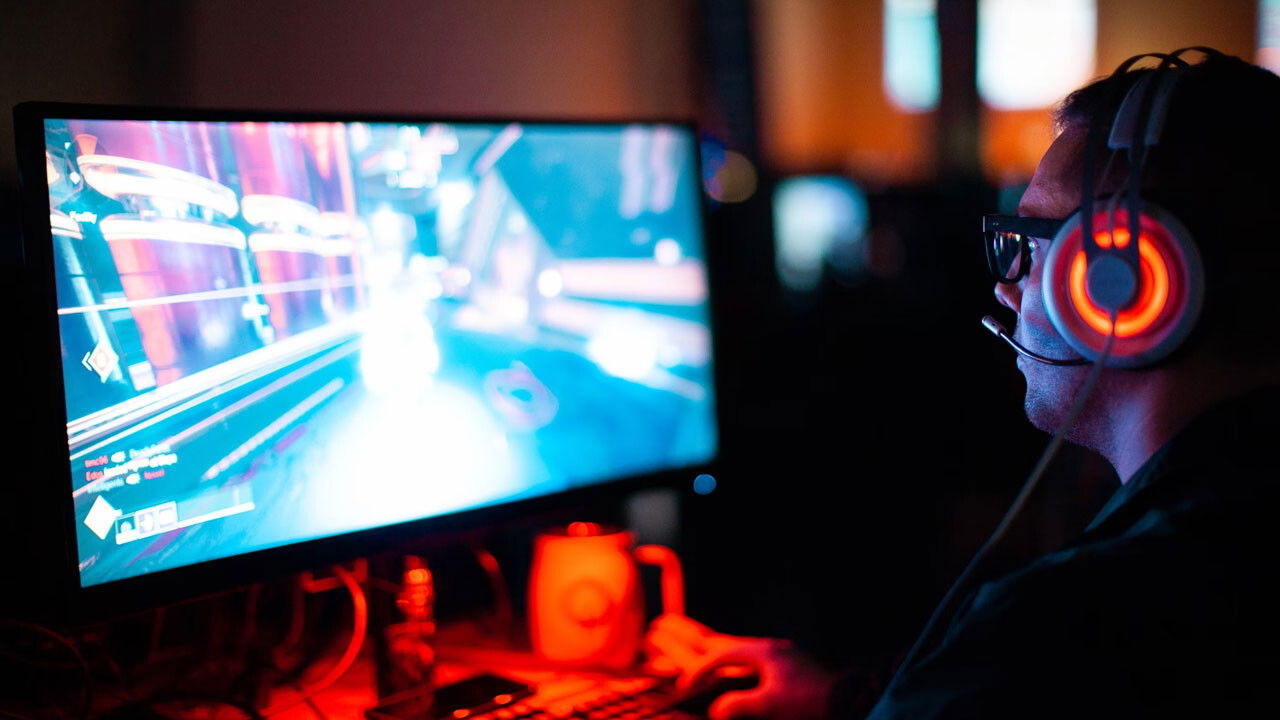Cryptocurrencies are huge financial assets, but they’re also so much more. In a modern world, cryptocurrencies are paving the way for digital assets to be taken more seriously, as well as pouring incredible resources into many different areas.
The gaming industry will be heavily affected by crypto’s growth and development. Here are the top seven ways this is currently taking place, each of which might even further evolve in the future.
1) Community-building and engagement

Community is one of the game’s most important aspects. This year, the best example was Helldivers 2, where countless players flocked to the game they’d never heard of before just because of the community, the buzz, and the memes it has generated.
They wanted to become a part of this phenomenon and understand the memes and inside jokes a lot better.
Just think about games from the 1990s and early 2000s that still have thousands of active players daily. Why do you think that is? The simplest answer is – the community.
Meme coins are an amazing tool for community building. Other than just allowing you to participate and be “inside” on the joke, identifying the best meme coins to invest in now can help you generate a sizable profit.
Financial incentives engage fans more with the game, which is crucial for community building. It gives them an objective reason to care and be involved in the process.
2) In-game purchases and microtransactions

In the past, selling video games was the only way for video game companies to make money. Then, with the arrival of live-service games, the concept of subscriptions and even microtransactions became a thing.
If you give players a game that they can play for free, they’ll spend more on cosmetic improvements than they would on the most expensive (deluxe) package of a triple-A title.
The best thing about using cryptocurrencies for these transactions is that they’re quick and have low transfer fees. This means that the gaming company gets the maximum profit, and they can lower the costs for these microtransactions while still making a profit.
When fees are involved, they usually go to the financial organization. Since cryptocurrencies are on DeFi, there’s no need for this. There are no intermediaries, and transactions can be handled far more effectively. This way, everyone profits.
3) Earning tokens by playing games
Another important change in the world of gaming is the ability to earn tokens by playing games. The play-to-earn model incentivizes players to try harder and is a reason for them to be more consistent.
Usually, the only way for a player to make money gaming is to stream or play in tournaments. The problem is that both of these models allow the smallest possible number of people to make a living this way.
Tournament prize pools are seldom big enough, and you don’t really know if you’ll win, even if you are really that good. With streaming, you’re either playing a popular game with a huge audience, which means that you have too many people competing for the piece of the same viewership, or you’re playing an obscure game that doesn’t have too many fans, to begin with.
In this scenario, you’re selling a product that doesn’t have a significant market share to begin with.
4) Digital ownership and NFTs

Another thing you need to keep in mind is the importance of digital ownership in these live-service games. You see, cheating is a huge problem, especially in games that have PVP or are multiplayer.
One of these common problems was the item duplication bug, which a lot of people exploited to gain an unfair advantage or disturb an in-game market. With the help of NFTs, you’ll be able to tie each of these digital assets to another digital asset, thus providing greater stability and reducing the likelihood that this item will be tampered with.
Another scenario where this digital ownership may matter is the loot distribution issue. In MMOs and even cooperative games, loot distribution is a huge issue that requires special attention. With the help of NFTs, digital ownership of in-game items will be a lot easier to determine.
Most importantly, some games have a sort of auction where players can sell digital items for real money. This was the case with the Diablo III auction before it shut down. It’s much easier to see how, in the NFT era, this would be easier to organize.
5) Cross-platform transactions
In the past, gaming was simple. You bought a CD/DVD and got a CD key in the box, and that’s how you installed and played. Today, you have multiple platforms and consoles, each with its own marketplace, game license, and more.
Making cross-platform transactions is difficult, even though many marketplaces and developers are considering allowing these transfers. Centralizing one’s games, aside from being quite handy, is also seen as incredibly satisfying.
Having all your games and achievements in one place is a concept you shouldn’t easily dismiss.
Cryptocurrencies can help make these cross-platform transactions simple and seamless. This idea is still relatively new, and we might wait for the right crypto or crypto mechanism before it becomes more appealing.
6) Crowdfunding and investments

Indie games are quickly dominating the industry, and many of them are financed through crowdfunding. Even some of the bigger titles, like Wasteland 2, Divinity Original Sin II, Shovel Knight, and Pillars of Eternity, were funded through crowdfunding.
It’s not even just small indie teams that are doing it. Pillars, for instance, were developed by Obsidian Entertainment (industry veterans who brought us Fallout: New Vegas) and published by Paradox Interactive.
The globalized nature of cryptocurrencies makes it easier even for people from underbanked or unbanked areas to pledge their financial support for the game. With lower transaction fees, more resources actually go to the developer, which will benefit the game and game development process.
Most importantly, you don’t have to do this transactionally. For instance, you can raise funds through ICOs, which are an alternative to traditional investment routes.
7) Blockchain technology

The next thing you need to understand is the importance of cybersecurity in the field of blockchain.
As we’ve already mentioned, in-game items are now worth real currency. They can be sold and used to gain a competitive advantage that allows one to make a living playing this game.
This is why in-game transactions are incredibly important and susceptible to cybersecurity risks and threats. Blockchain technology can make these more dependable and secure, elevating things to the next level.
It is expected that the blockchain might penetrate the development of gaming technology on every level.
Cryptocurrencies are a game-changer even if it may not yet appear so
As you can see, cryptocurrencies affect everything from community-building and fundraising to how in-game digital assets are treated. The significance of gaming is rapidly growing, and the industry itself is expanding at an astounding pace. Cryptocurrencies might just be the catalyst for exponential growth in many different aspects.



